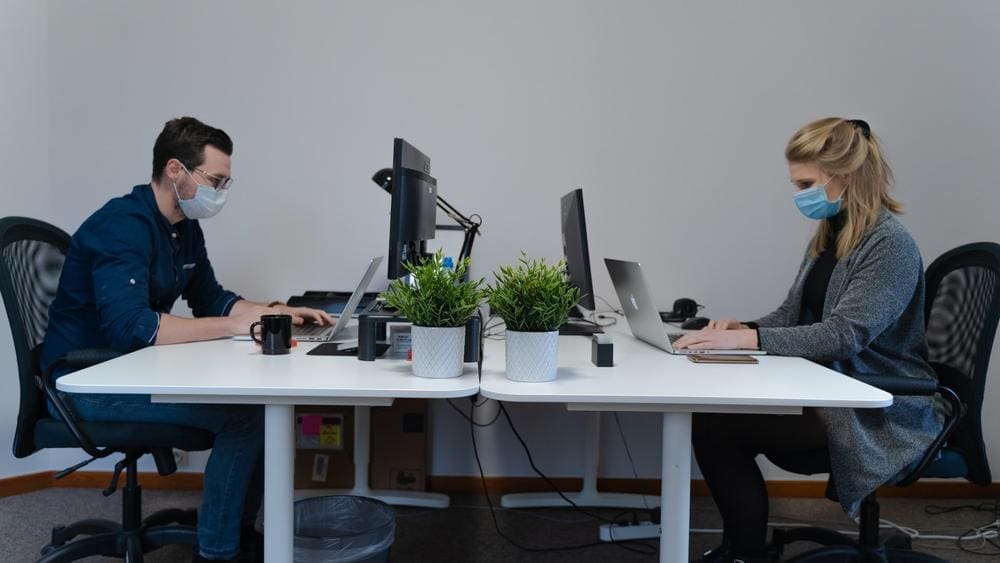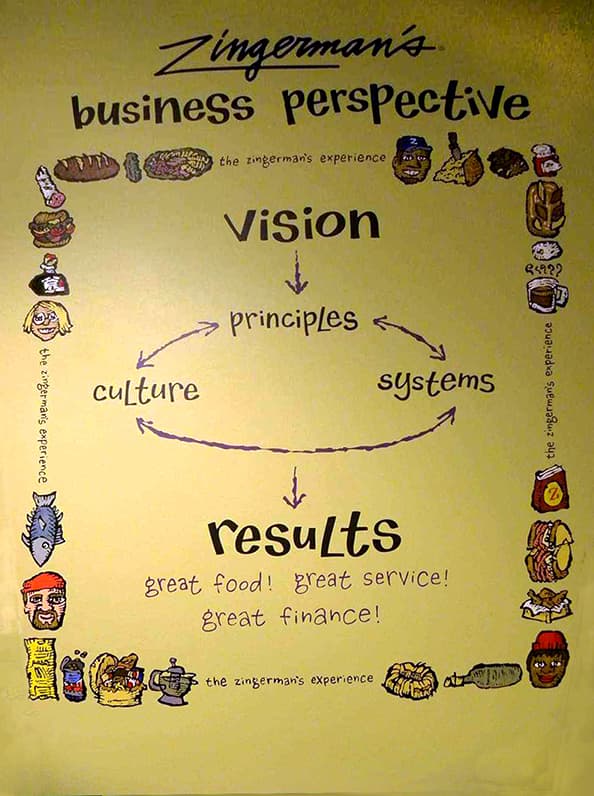
“Prediction is very difficult, especially about the future.”
― Niels Bohr
Never has the challenge of finding the skilled talent, filling and fitting positions, and retaining good people been as difficult — or as much as of a concern — as it is today. Though, I wonder why we are so surprised.
The Hudson Institute and authors Judy Richard and Carol D’Amico, published in their 1997 report that we could expect rapid technological change, global integration of the economy, rapid economic growth in developing nations, deregulation and liberalization both nationally and globally, and demographic changes. Using census and other data points they identified for us, well in advance, how the nature of work would change. Highlights of their forecast included job security decreasing, temporary employment increasing, and the shift from traditional offices and occupational structures. The census data accurately predicted a change in the composition of the workforce by gender, age, ethnic diversification, and more. The study focused not only on the tsunami of workforce upheaval but made general recommendations for building a prosperous and dynamic workforce.
Were we listening? Planning? Preparing?
“You can’t base your life on the past or the present.
You have to tell me about your future.”
— Chuck Palahniuk, “Invisible Monsters”
This is not a ‘would have, could have, should have’ lecture or a tome of “I told you so.” That would not be gracious. It’s just that I am neither surprised nor uninformed.
What is so confounding and complex is that this predictable tide of demographic changes falls upon us as we navigate a global pandemic, which keeps form-shifting and impacting our plans. The combination of factual and predictable workforce data with a pandemic that contributes to chronic uncertainty and a change in the way we work requires both a steady approach to and a complete reinvention of how we find, keep, grow, and nurture our workforce and their relationship with work.
Some individuals have named this the “Great Resignation” or the “Great Reckoning. I have given it the moniker of “The Great Disconnect”.
This morning while driving, I was listening to a discussion about the most recent Gallup survey, which reports that the positive feeling about unions and unionization is at its highest in the past 50 years. By 55%, survey participants found that the need for unions and union representation was more necessary today than before. Those discussing the data assumed that it was the Boomer Generation — who lived with unions actively in their career lives — who contributed to the positive swing of data. But instead, the upturn in positive receptivity to collective bargaining and the establishment of unions was voiced by participants aged 18 to 29, a demographic feeling untethered to their careers, workplaces, and co-workers. This group is overwhelmed by the cost of healthcare and student loans. The pandemic, social-distancing, remote working, and hybrid solutions have contributed to the opportunity to evaluate where we live to do our work, how we do our work, and what our relationship with work will be into the future.
As you know, I have been pondering this scenario for the last year. I was concerned about all facets of engaging our valuable employees in meaningful work and work relationships. I know confidently that culture is the petri dish for performance and is something that both attracts and retains individuals who feel safe, supported, and productive in a good environment. Culture is the soft science of organization effectiveness. It requires constant tending and intentional grooming to maintain.
A most admired company of mine, Zingerman’s, defines the Zingerman’s Experience as “Vision supported by Principles, Systems, and Culture creates Results.”
Sounds simple, but it is steady, consistent habits taught, modeled, reinforced, and communicated every day by every Zingerman’s employee. Zingerman’s works the soft-science of their business with as much focus as the hard-science of their product defined by: “Great Food! Great Service! And Great Finance!”
In the conditions of the Pandemic, Zingerman’s is shifting and responding to the change with effort and effectiveness. They have figured out that to attract the best players in a tight job market and an uncertain and topsy-turvy environment, it is the work experience in total that is their competitive advantage. For years they have created, cultivated, and maintained a positive work experience. Thus, they are in a good position to ride out this storm by keeping to the fundamentals and caring about their people.
If we as leaders, managers, and employers guide with good business values, and balance the needs of the company and our workforce in all our decisions, while continuing to produce a quality product with authentically caring service, we will foster pride of place and build a community that will pull together and not pull apart under the stress of tumultuous conditions.
The strategy is not to rely on a third party to negotiate the best terms for employment but to be the best employer by creating the most resonant culture possible and focusing on the mission of the organization. Everyone wants work-life balance. Everyone feels stronger when they have a clear purpose and can make tangible contributions that are rewarded and recognized.
Please don’t let the forecast of demographic data or the upheaval of a pandemic be the reason you lose the confidence, engagement, and commitment of your workforce. Fight for their well-being, fight for keeping high standards, fight for the peak performers. Don’t bury the need to talk about the hardships or bury the hurts. Talk a lot. Listen more. Thank them for staying and finding the way through.
When individuals are asked to describe a time of peak work experience, they most often respond with a story of when they navigated through adversity with a work team and ultimately came out on top. They share tales of incredible difficulty, struggle, and sacrifice; they proudly share how they survived, thrived, and pulled every person through.
Good employees are not afraid of hard work and a changing work landscape. They do however choose different roads when leadership and management are not engaged in running the race side-by-side.
Consider shifting your focus to having Stay Interviews instead of an emergency meeting to stem the outgoing tide of resignations. If this is a foreign concept to you, you may find some good ideas in the book “Hello Stay Interviews, Good-bye Talent Loss” by Beverly Kaye and Sharon Jordan-Evans.
Find your way back into touch and deep connection with the individuals who care about their workplace, co-workers, customers, and community. Don’t let predictions or a rogue virus defeat your commitment to being a best employer.
Let’s make this fill in the blank: “The Great ____________________ . ” What’s YOUR choice?
Leslie
“All human situations have their inconveniences.
We feel those of the present but neither see nor feel
those of the future; and hence
we often make troublesome changes without amendment,
and frequently for the worse.”
— Benjamin Franklin



Recent Comments